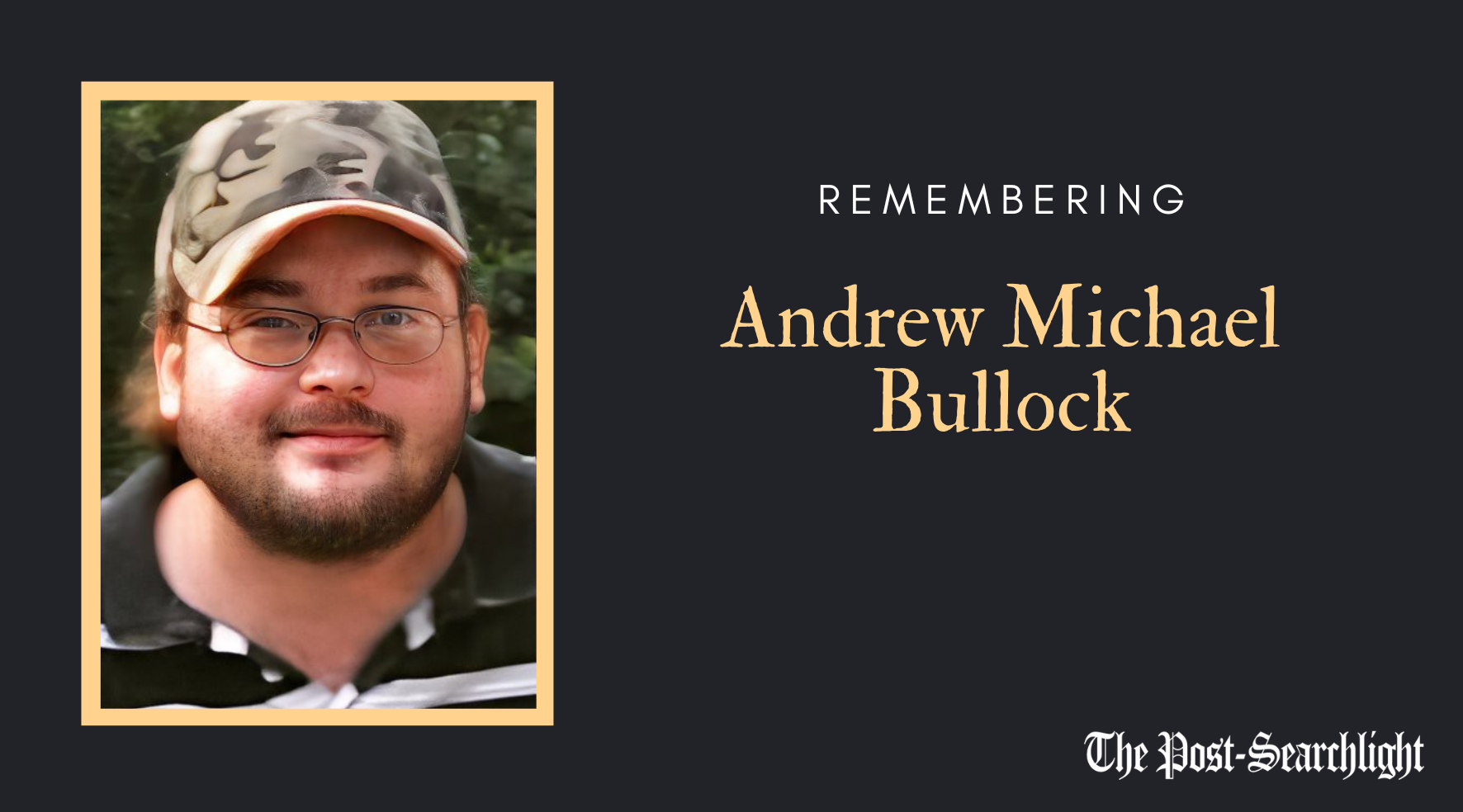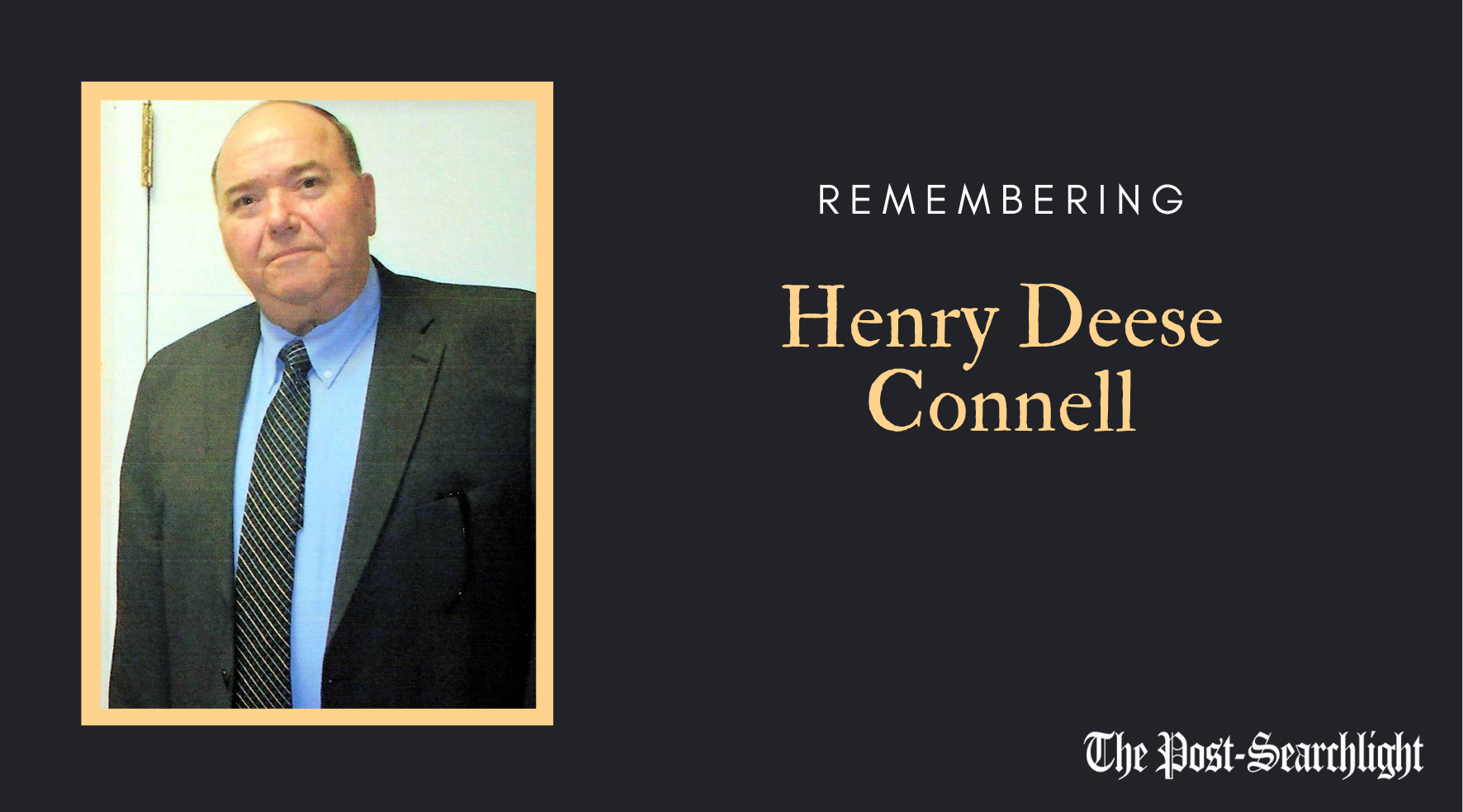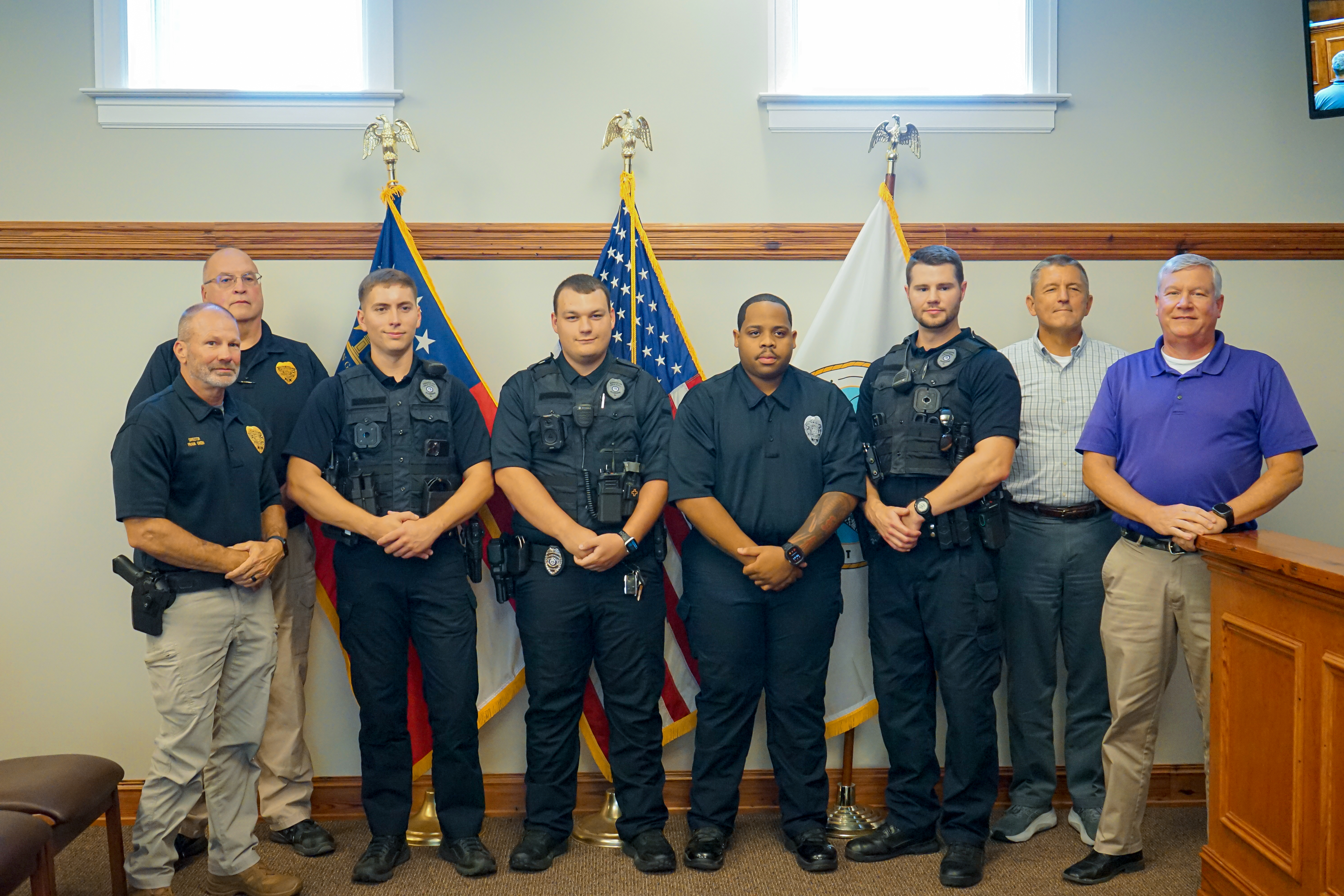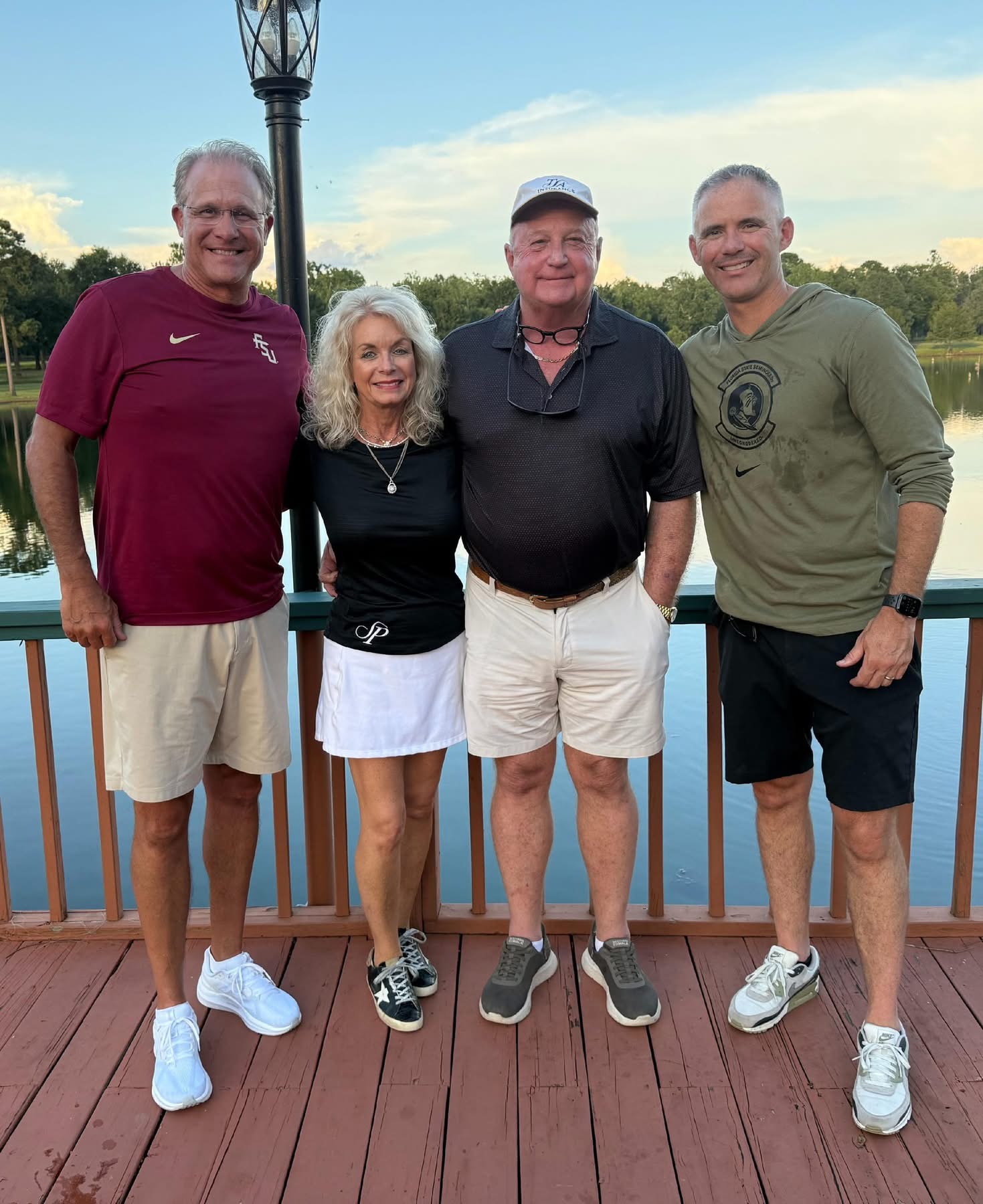From far away, a feeling of home
Published 4:33 pm Tuesday, April 21, 2009
The colors change with each succeeding ridge.
Sandstone is followed by a deep red layer that gives the Red Cliffs their name. Beyond that in the distance, the next ridge looks more rugged, with brown rock facings and deep jagged cuts. The last ridge caps them all, covered in the snow that will provide this desert area with much of its water for the next year.
There are no sounds except the wind rushing through the cottonwood trees that line the creek below. The soothing wind is only penetrated by the occasional screeching sound of the wild peacocks looking for a mate. The rabbits don’t make a sound, but I see them out of the corner of my eye, checking me out with a curious look.
Trending
For the past three weeks, I have almost been writing a travel column. Newport Beach, Calif., Scottsdale, Ariz., and Las Vegas. Less than 24 hours ago I was sitting it traffic in Las Vegas after enjoying or enduring the excesses that city has to offer. Tonight, I sit on one of the four decks at the home of my beloved cousin, Martha, soaking up the pleasures that nature has to offer.
Martha grew up in the South and is a graduate of Mercer University. She retains much of the charm and grace of a southern woman, although she has lived in Utah for almost 33 years. She and her husband, Peter, moved to southern Utah 15 years ago.
Interestingly enough, their house backs up to the Dixie National Forest. It is named Dixie because Brigham Young told the fledgling Mormon community to move south and settle the territory. Southern Utah that is. Although this was prior to the Civil War, many things in this area are named Dixie or Rebel.
Their home is built in the abandoned mining town of Silver Reef. It was the site of the only silver discovery in sandstone in this country. After the collapse of the silver prices in the 1880s, the town slowly became deserted. As people left, they would tear down their houses or businesses and cart the wood away because of the scarcity of building materials. Only the adobe or stone buildings remain. The community was completely gone by 1910.
As in most places in the West, water was the resource that determined whether you lived or died. This tiny community, smaller than Iron City, has a water source from a spring high in the mountains. Martha’s house is the first house to be served by that descending spring water. The spring, the snow pack and Leed’s Creek, feed an agricultural community in the valley that sustains this small town to this day.
Martha, her husband, Peter, and their son, Carter, are river runners. For most of their adult lives Martha and Peter have guided and organized river trips, including literally hundreds through the Grand Canyon. Carter is a tall, lanky 15-year-old that made his first river trip at the age of 2. They are good stewards of this land, advocating the conservation of water and natural resources.
Trending
They found this place that is so perfect for them and then made peace with the environment. They take very little; content to just experience the breathtaking views each day. They don’t ever seem to take for granted the beautiful place they call home.
The little boy in me can’t help but dream about the tough settlers that initially came to places like this. They would find water and eke out a meager existence in a very inhospitable place. They dug through rock to find silver. They built ditches for miles to gather water. They herded cattle with open grazing that makes today’s ranching operations look easy. It took a special kind of people to live here those many years ago.
My cousins, Martha and Peter, are a special kind of people as well. They have the comforts of modern civilization but realize that beauty is natural, not manmade. They want others to experience this beauty. That love of nature led Martha many years ago to found “SPLORE,” an organization that takes mentally and physically challenged people on river and mountain trips.
They both work with people with special needs. They hear quiet in a world full of noise. They share their hearts with many in a world that often seems to retreat from sharing anything. In a culture that has become consumed with material excess, they see nature as a gift and treat it with reverence and gratitude.
Of all the places I have visited lately, Utah is the most different from South Georgia. Nothing looks the same. Our challenges to survive are different. We have a different heritage and history. And yet, of all the places I have visited, this is also the most like home.
Martha and I share bonds made 50 years ago as small children. We share family and all that means. No person in the world makes me more aware that family is not where your house is, it is where your heart is, than Martha. We aren’t just cousins, we are life-long friends. Like the beautiful scenery, it is a gift that we treat with reverence and gratitude.
Far away Corn Pudding
Among her many talents, Martha is an excellent cook. She still uses cast iron skillets to cook most of her dishes, although they are not necessarily southern based. She cooked an unusually good corn dish this week. When we asked about the ingredients, she handed us a cookbook and pointed to the recipe.
Who would have believed the Corn Pudding recipe would belong to Rachel McLeod of Donalsonville. It seems Martha had been doctoring the dish for many years unaware the original dish came from a lady that lives less than a mile from us in Donalsonville. In fact, when she decides to cook “Southern” she turns to only two cookbooks. One is from her hometown of Nashville, Tenn., and the other is from the First Presbyterian Church of Donalsonville. Perhaps that is part of why we felt so much at home.
I always love these things that fall into the “it’s a small world category.” In a world completely different from south Georgia, Rachel McLeod, is now known for her most excellent corn pudding.
Finally, it will be very good to be home. Nearly four weeks of constant traveling only makes me aware of what a good place I live in and what good friends we have. I’ll be home for a little while, and there is nowhere I would rather be.





